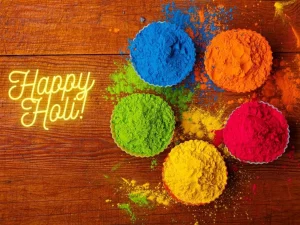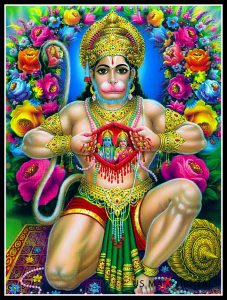Calendar
| Sun | Mon | Tue | Wed | Thu | Fri | Sat |
|---|---|---|---|---|---|---|
| Sunday Bhajan and Satsang 11:30 am Sunday Bhajan and Satsang Mar 2 @ 11:30 am – 1:00 pm  Every Sunday, we have SATSANG (Bhajans, kirtans, Kathas etc.) From 11:30 AM – 01:00 PM followed by Aarti and Prasadam (Lunch) | ||||||
| Sunday Bhajan and Satsang 11:30 am Sunday Bhajan and Satsang Mar 9 @ 11:30 am – 1:00 pm  Every Sunday, we have SATSANG (Bhajans, kirtans, Kathas etc.) From 11:30 AM – 01:00 PM followed by Aarti and Prasadam (Lunch) | HOLI KA DAHAN 6:00 pm HOLI KA DAHAN Mar 13 @ 6:00 pm – 8:00 pm 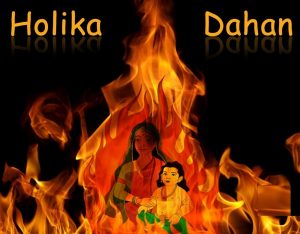 Holika Dahan – 7:30 PM What Is the Significance of Holika Dahan? The occasion of Holi and Holika Dahan celebrates the victory of good over evil. Holi also marks the... | DURGA MATA KI CHOWKI 6:00 pm DURGA MATA KI CHOWKI Mar 15 @ 6:00 pm – 9:30 pm 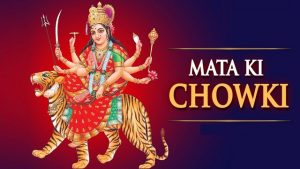 If you would like to host the Mata Ki Chowki at Shree Radhey Shyam Temple, Contact : Raja Sharma 708-822-6656 Maa Durga is revered as the Mother Goddess among the Hindu... | ||||
| Sunday Bhajan and Satsang 11:30 am Sunday Bhajan and Satsang Mar 16 @ 11:30 am – 1:00 pm  Every Sunday, we have SATSANG (Bhajans, kirtans, Kathas etc.) From 11:30 AM – 01:00 PM followed by Aarti and Prasadam (Lunch) | ||||||
| Sunday Bhajan and Satsang 11:30 am Sunday Bhajan and Satsang Mar 23 @ 11:30 am – 1:00 pm  Every Sunday, we have SATSANG (Bhajans, kirtans, Kathas etc.) From 11:30 AM – 01:00 PM followed by Aarti and Prasadam (Lunch) | UGADI , CHAITRA NAVARATRI BEGINS, GUDI PADWA UGADI , CHAITRA NAVARATRI BEGINS, GUDI PADWA Mar 29 all-day According to Hindu scriptures, Lord Brahma started the creation of the world from the month of Chaitra, which is regarded as the first month of the Hindu calendar. It marks the... | |||||
| Sunday Bhajan and Satsang 11:30 am Sunday Bhajan and Satsang Mar 30 @ 11:30 am – 1:00 pm  Every Sunday, we have SATSANG (Bhajans, kirtans, Kathas etc.) From 11:30 AM – 01:00 PM followed by Aarti and Prasadam (Lunch) |
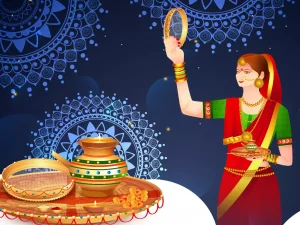
Karwa Chauth coincides with Sankashti Chaturthi a fasting day observed for Lord Ganesha. The fasting of Karwa Chauth and its rituals are observed by married women for the long life of their husband. Married women worship Lord Shiva and His family including Lord Ganesha and break the fast only after sighting and making the offerings to the moon. The fasting of Karwa Chauth is strict and observed without taking any food or even a drop of water after sunrise till the sighting of the moon in the night.
Karwa Chauth day is also known as Karak Chaturthi (करक चतुर्थी). Karwa or Karak refers to the earthen pot through which water offering, known as Argha (अर्घ), is made to the moon. Karwa is very significant during Puja and it is also given as Dan to the Brahmin or any eligible woman.
Dhantrayodashi which is also known as Dhanteras is the first day of five days long Diwali festivities. On the day of Dhantrayodashi, Goddess Lakshmi came out of the ocean during the churning of the Milky Sea. Hence, Goddess Lakshmi, along with Lord Kubera who is the God of wealth, is worshipped on the auspicious day of Trayodashi. However, Lakshmi Puja on Amavasya after two days of Dhantrayodashi is considered more significant.
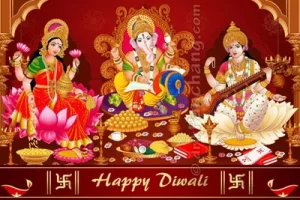
The third day of Diwali: Lakshmi Puja on Diwali
This is the day when worship unto Mother Lakshmi is performed. Hindus cleanse themselves and join with their families and their Pandit (priest) and they worship the divine Goddess Lakshmi to achieve the blessings of wealth and prosperity, the triumph of good over evil and light over darkness.
HAPPY DIWALI 💥✨
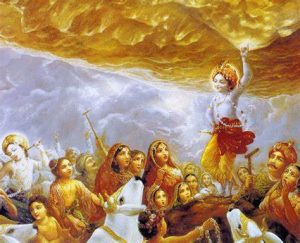
The fourth day of Diwali: Padwa & Govardhan Puja
On this day, Govardhan Pooja is performed. Many thousands of years ago, Lord Krishna caused the people of Vraja to perform Govardhan Pooja. From then on, every year Hindus worship Govardhan to honour that first Pooja done by the people of Vraja.
Gowardhan Puja is also known as Annakut Puja. On this day food made of cereals like wheat, rice, curry made of gram flour and leafy vegetables is cooked and offered to Lord Krishna.
In Maharashtra the same day is celebrated as Bali Pratipada or Bali Padva. The day commemorates victory of Vamana, an incarnation of Lord Vishnu, over King Bali and subsequent pushing of Bali to Patal Lok (the underworld). It is believed that due to boon given by Lord Vamana, Asura King Bali visits the Prithvi Lok from the Patala Lok on this day.
Most of the time Govardhan Puja day coincides with Gujarati New Year day, which is celebrated on Shukla Paksha Pratipada of Kartik month. Depending on starting time of Pratipada Tithi, Govardhan Puja celebrations could be done one day before Gujarati New Year day.
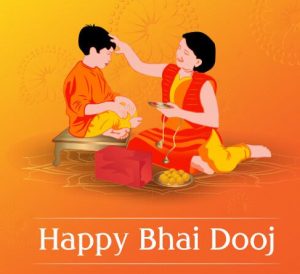
The fifth day of Diwali: Bhai Duj
The fifth day of the Diwali is called Bhai teeka. This is the day after Goverdhan Pooja is performed and normally two days after Diwali day. It is a day dedicated to sisters. Many moons ago, in the Vedic era, Yama (Yamraj, the Lord of death) visited his sister Yamuna on this day. He gave his sister a Vardhan (a boon) that whosoever visits her on this day shall be liberated from all sins. They will achieve Moksha or final emancipation. From then on, brothers visit their sisters on this day to enquire of their welfare.
This day marks the end of the five days of Deepavali celebrations. This is also known as Bhai fota among Bengalis. Bhai fota is an event especially among Bengalis when the sister prays for her brother’s safety, success and wellbeing.

